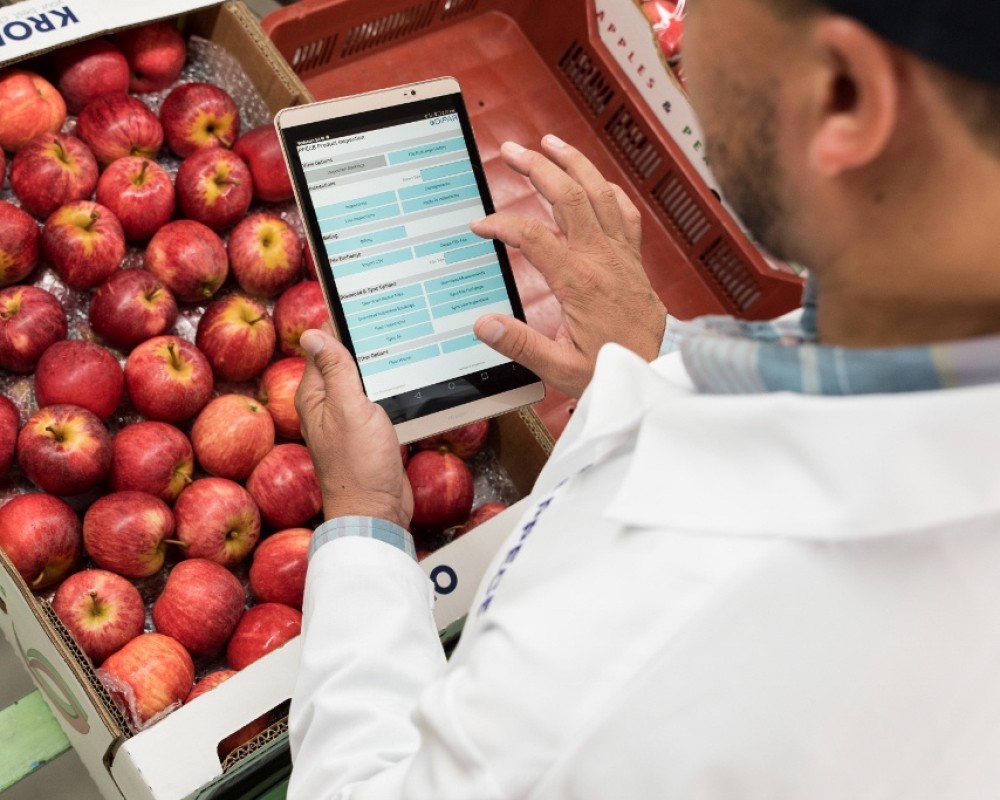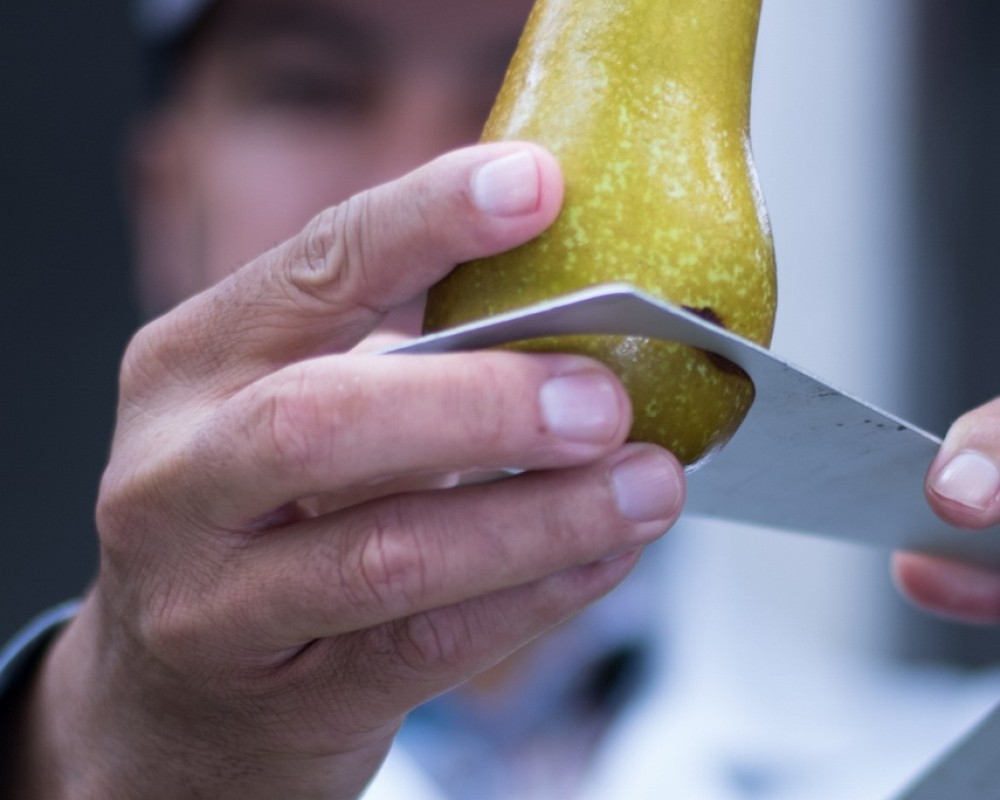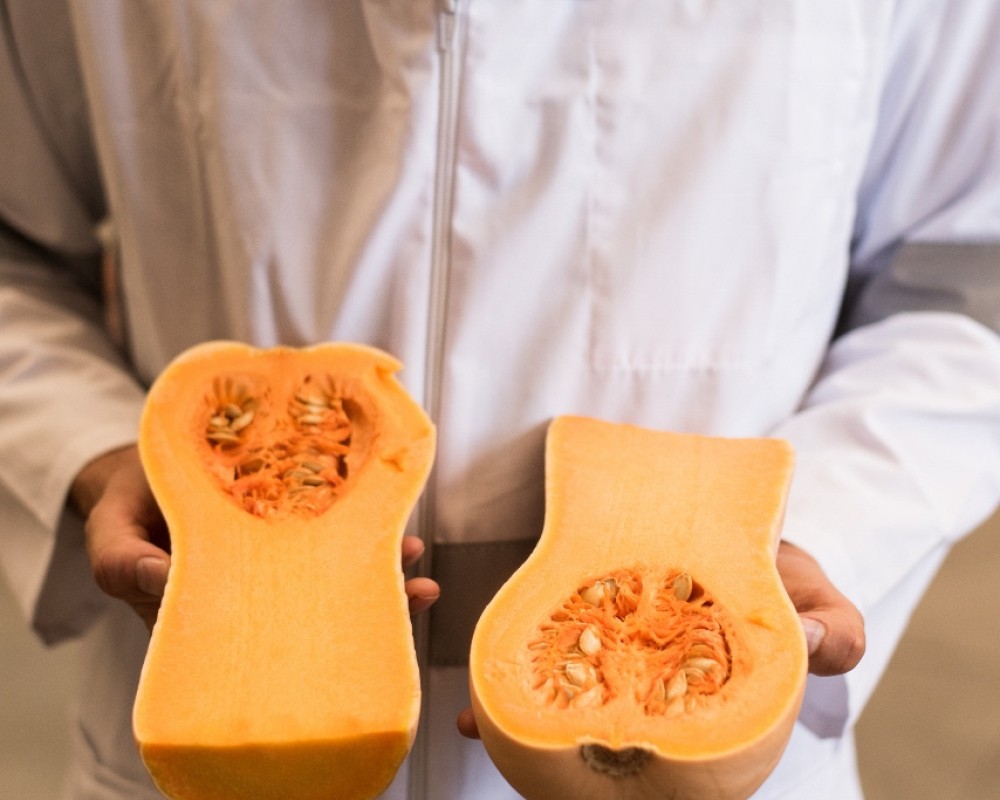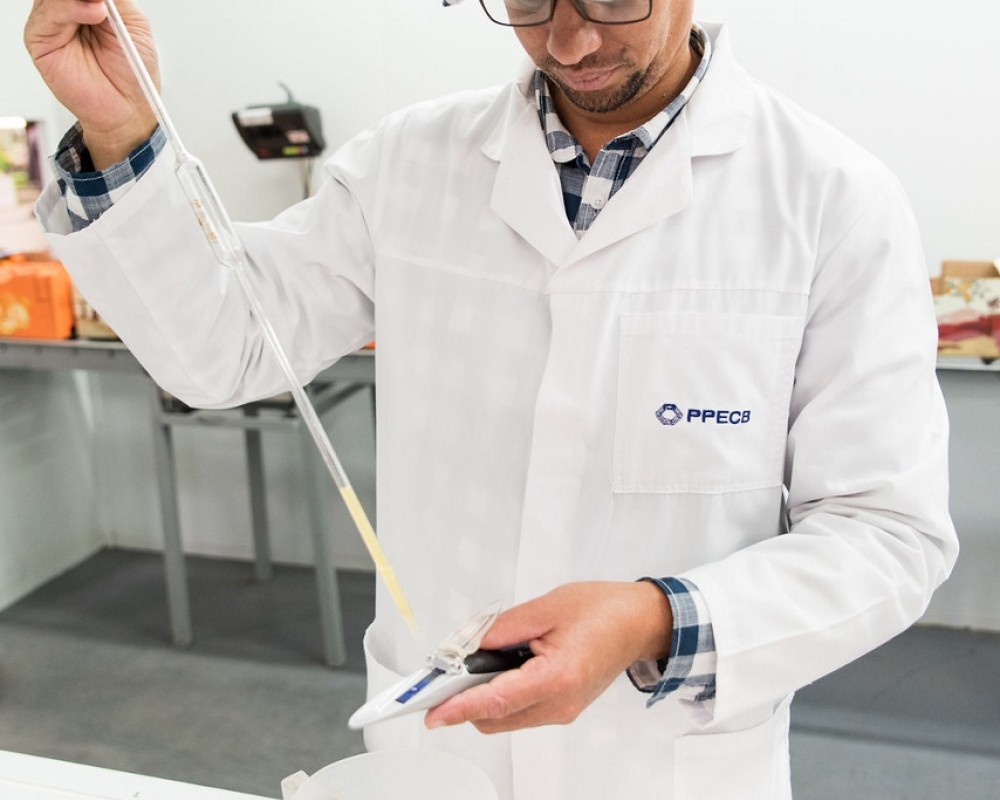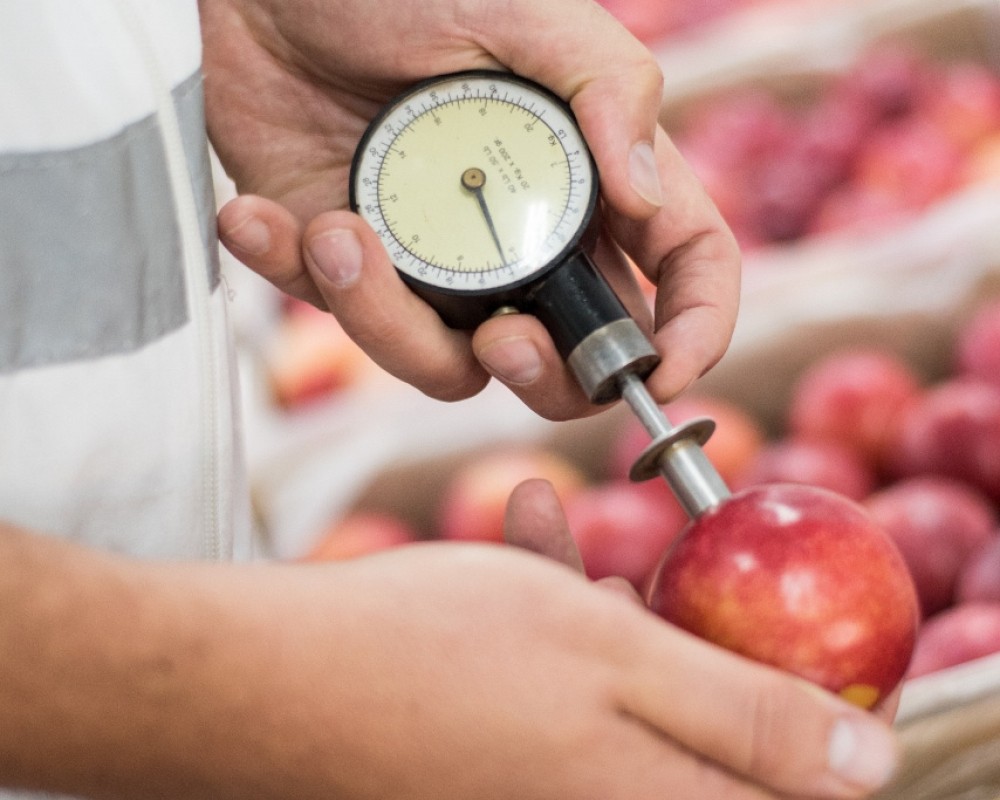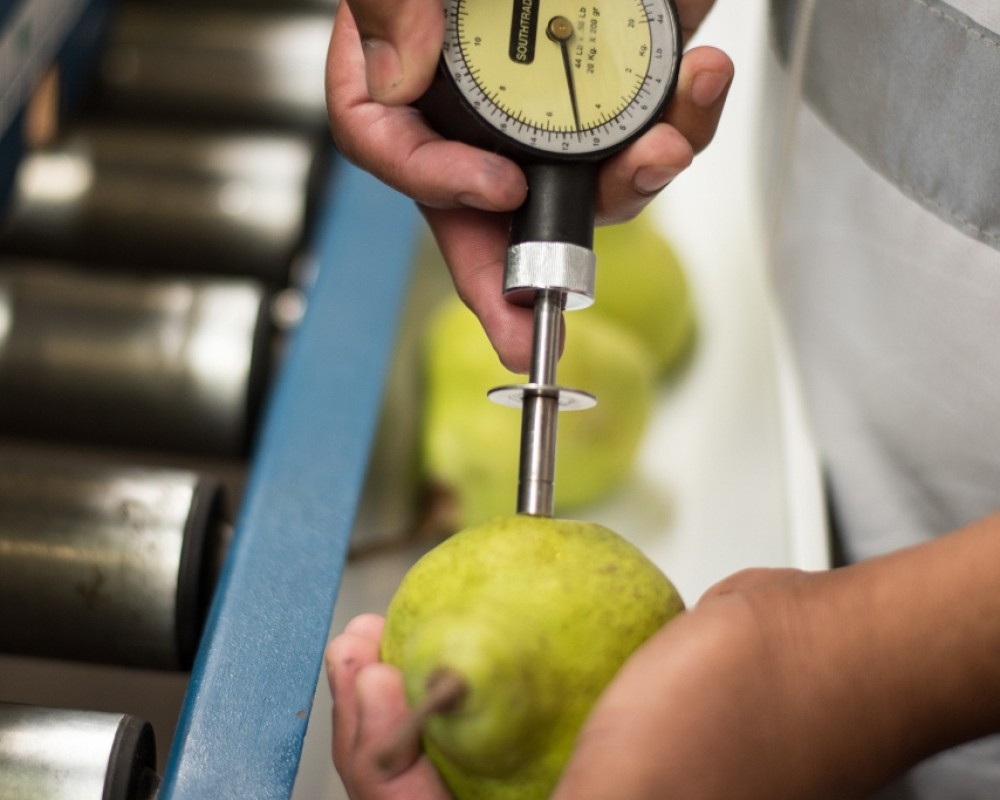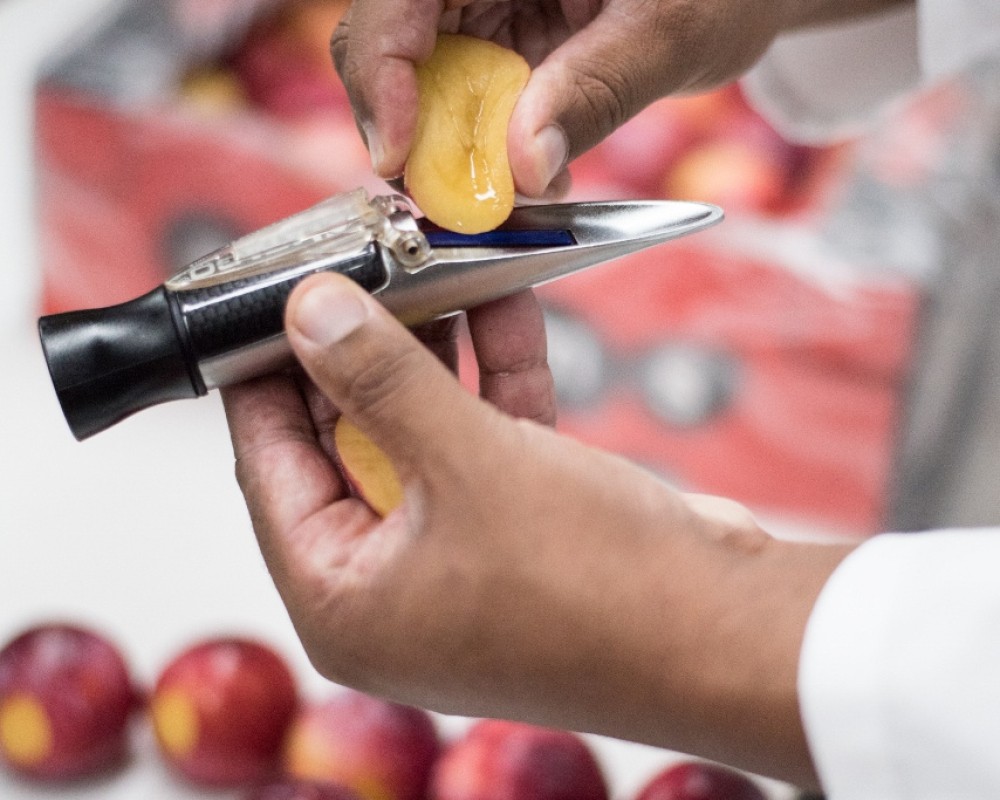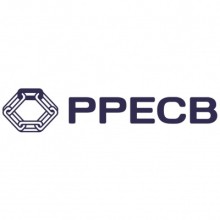
The Perishable Products Export Control Board (PPECB) is an independent service provider of quality certification and cold chain management services for producers and exporters of perishable food products.
Established in 1926, the PPECB has delivered valuable services to the perishable products industry for over 90 years by enhancing the credibility of the South African export certificate and supporting the export competitiveness of South Africa’s perishable product industries.
As a national public entity, the PPECB is constituted and mandated in terms of the Perishable Products Export Control Act (PPEC Act), No 9, of 1983 to perform cold chain services. The PPECB also delivers inspection and food safety services assigned by the Department of Agriculture, Forestry and Fisheries (DAFF) under the APS Act, No.119 of 1990.
The presence of the PPECB in the export industry is furthermore enhanced by its recognition as an approved third country under the European Commission Regulation 543 of 2011.
This agreement recognises the South African inspection systems as equivalent to that of the EU inspection bodies and therefore ensures less frequent checks at the port of import into the EU.
The cold chain can be described as the “seamless movement of fresh, chilled or frozen products, from the production area to the market, through various storage and transport mediums, without any change in the optimum storage temperature and relative humidity”.
The PPECB has been responsible for managing the export cold chain since 1926 and ensures that products leaving the country are handled, stored and transported at specific temperatures and optimum conditions.
The PPECB, mandated by the Department of Agriculture, Forestry and Fisheries (DAFF), has been delivering end-point inspection services on perishable products destined for export since 1991. Inspectors, stationed across South Africa, are suitably qualified and extensively trained to deliver consistent quality inspection services on over 200 product types at more than 1 500 locations. Products approved for export carry the passed for export stamp, regarded as a symbol of quality assurance to clients and consumers around the world. As South Africa’s official certification agency for perishable export products, the PPECB‘s impartial and independent services significantly reduces risks for producers and exporters.
The presence of the PPECB in the export industry is furthermore enhanced by its recognition as an approved third country under the European Commission Regulation 543 of 2011. This agreement recognizes the South African inspection systems as equivalent to that of the EU inspection bodies and therefore ensures less frequent checks at the port of import into the EU.
It is essential that all role players develop a proper understanding of food safety requirements applicable to the export value chain. Food Business Operators (FBOs) should ensure they are registered with the relevant authorities, where after they need to obtain the required food safety certification.
To guarantee food safety for importing countries, a notice was passed outlining the standards of food hygiene and safety of agricultural products intended for export (Notice NoR707 of 13 May 2005). This formed part of the Agricultural Products Standard Act, 1990 (Act 119, 1990).
All food business operators (FBO’s) now act in accordance with this Standard. This means that FBOs will ensure that all stages of product handling, from production to export, are carried out in a safe and hygienic way.
The PPECB ensures that FBOs comply with the standards regarding food hygiene and food safety of regulated agricultural food products intended for export. The PPECB fulfils this role by conducting Statutory Food Safety Audits nationally. These audits focus on worker hygiene, use of plant protection products and traceability together with good agricultural practices. Following a successful food safety audit a food safety compliance certificate, referred to as the South African Good Agricultural Practices (SA GAP), is issued to the FBO. Should a FBO have one of the following commercial food safety certificates they are currently exempt from SA GAP certification: Global G.A.P., Tesco, Natures Choice, HACCP, BRC, IFS and ISO 22000:2005. Oversight is however maintained by conducting unannounced audits on facilities with such commercial certifications.
The PPECB’s Laboratory is geared for the delivery of analytical services which include mycotoxin analysis, fats analysis, dairy testing and maximum residue level (MRL) testing of pesticides in a myriad of matrices (grain, feed, fruit, vegetables, cereals, peanut butter, spices). These services are performed at a centralized testing laboratory, situated in Centurion (Pretoria). Apart from mandatory services like mycotoxin analysis on groundnuts for the export industry, the laboratory also delivers a range of services to the South African user pay sector. The laboratory is ISO 17025 accredited for mycotoxin, fats and pesticide residue testing (SANAS accreditation Number T0248). The PPECB Laboratory’s vision is to be a centre of excellence in South Africa for listed analytical services.
The value proposition of the laboratory cannot be overemphasized, as it contributes largely to the food safety mandate of the PPECB. The laboratory has the capability to analyse large volumes in significantly short lead times. This is mainly as a result of in-house adapted methodologies and the implementation of a Laboratory information management system. All food safety testing services and continual improvements in the PPECB Laboratory are in line with the overall PPECB strategic objectives of enhancing the credibility of the South African export certificate; supporting the competitiveness of the country’s perishable products; and strengthening the PPECB’s capacity to provide a professional range of services for all its customers.
SOLAS Regulations
The mandatory amendments to the International Convention for the Safety of Life at Sea (SOLAS) Chapter V1, Part A, Regulation 2, which were promulgated in the Marine Notice No 5 of 2016 and which came into force on 1 July 2016, place a responsibility on shippers to provide the verified gross mass of a packed container to the carrier or their terminal representative prior to being loaded on board a ship.


